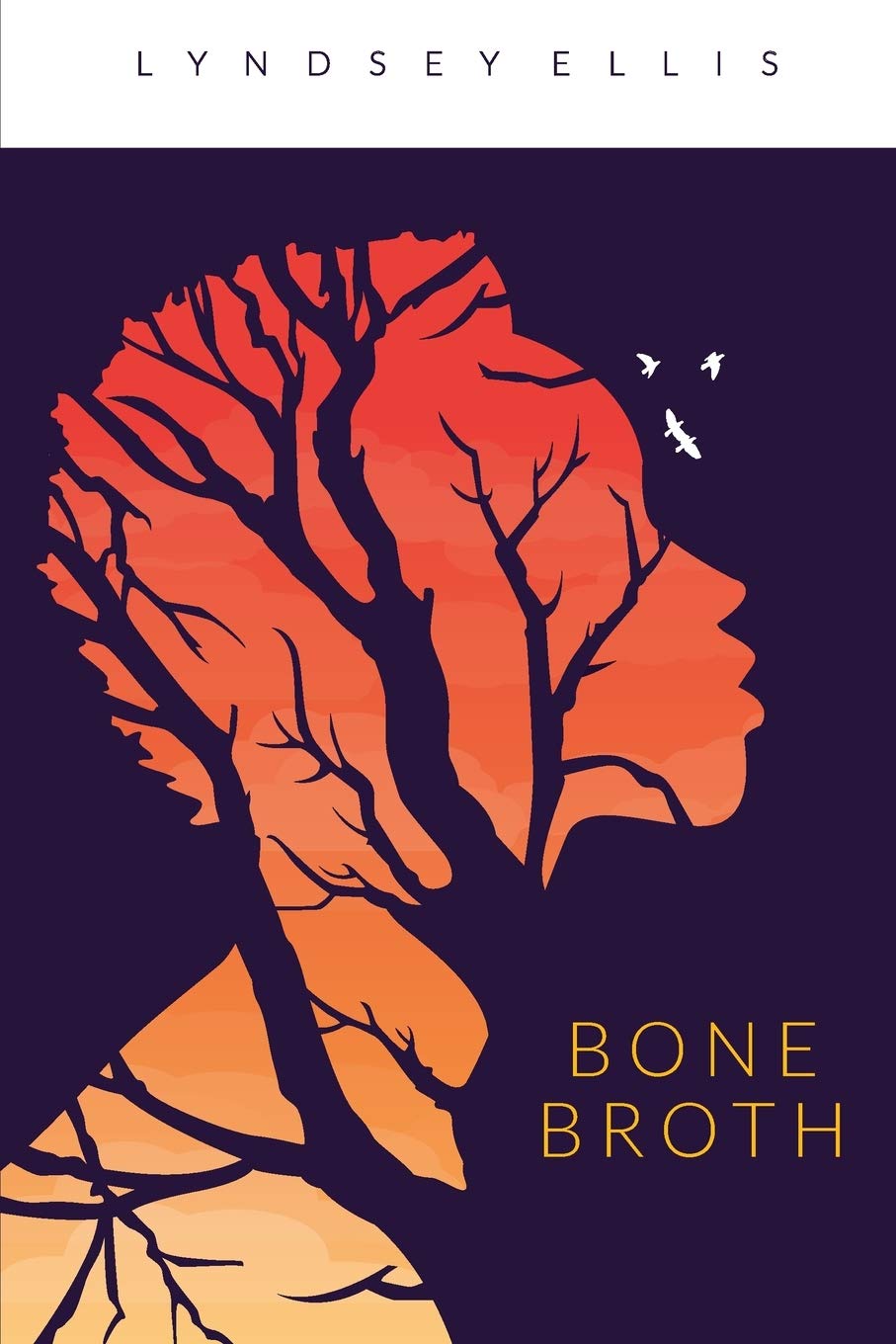 With the 2010 Man Booker Prize announcement just over a week away, let’s take a quick look back. The Booker is one of world’s top literary prizes, and Booker prize winners are regarded as highly influential books. So what effect did last year’s winner, Hilary Mantel’s wildly popular Wolf Hall, have?
With the 2010 Man Booker Prize announcement just over a week away, let’s take a quick look back. The Booker is one of world’s top literary prizes, and Booker prize winners are regarded as highly influential books. So what effect did last year’s winner, Hilary Mantel’s wildly popular Wolf Hall, have?
First, the personal effect on the author herself: in The Economist’s Intelligent Life, Mantel describes her experience winning the Man Booker Prize.
Some nine months on, I can report that the Man Booker has done me nothing but good. Because I am in the middle of a project—my next book is the sequel to the prize-winner—it has not destabilised me, just delayed me. The delay is worthwhile, because the prize has helped me find publishers in 30 countries. It has made my sales soar and hugely boosted my royalties. In doing these things it has cut me free. For the next few years at least, I can write what I like, just as I could before I was ever in print. I wrote for 12 years before I published anything, and in those years I felt a recklessness, a hungry desire, a gnawing expectation, that I lost when I became a jobbing professional who would tap you out a quick 800 words, to a deadline, on almost anything you liked. It is hard to make a good income from fiction alone, but now perhaps I can do it. I haven’t lived in a glamorous whirl since I won the prize. I could have taken up any number of invitations to festivals abroad, but only if I ditched the commitments at home that were already in my diary. I am, anyway, a bit world-weary and more than a bit ill, and intensely interested in the next thing I will write. Even when you are taking your bow, lapping up applause, you do know this brute fact: that you are only as good as your next sentence.
And then there’s the effect on the world at large. The Intelligent Life blog comments on the “Wolf Hall Effect”:
As well as capturing an enormous public with a seemingly insatiable appetite for Tudor history (“Booker prize is won by Henry VIII”, ran one headline), “Wolf Hall” has changed the image of historical fiction, making it, according to Paul Lay, editor of History Today, “finally respectable”. […]
Not everyone welcomes this change in the weather. Antony Beevor, the historian and bestselling author of “Stalingrad”, says he cannot comment specifically on “Wolf Hall”, because he has not read it and has no desire to. But he deplores what he calls “histo-tainment” and “faction-creep”, and considers “completely corrupting” the tendency of a Wikipedia age to shape the truth to its own ends, and to blur the boundaries between fact and fiction. He has no problem with the roman à clef—he admires Justin Cartwright’s “The Song Before it is Sung”, which explores the friendship between Adam von Trott and Isaiah Berlin, under fictional names—but a novel which uses the names of real historical figures is, he believes, dangerous. “And the better the novel, the more dangerous it is,” he says, “because readers are more likely to think it’s true. It’s like looking at a very skilfully restored ancient vase: you just can’t tell what’s original any more.”
Is there such a thing as the “Wolf Hall Effect”—for better or for worse? With half of the shortlisted novels based in history, however loosely, we’ll have to wait and see what effect the 2010 winner will have.





